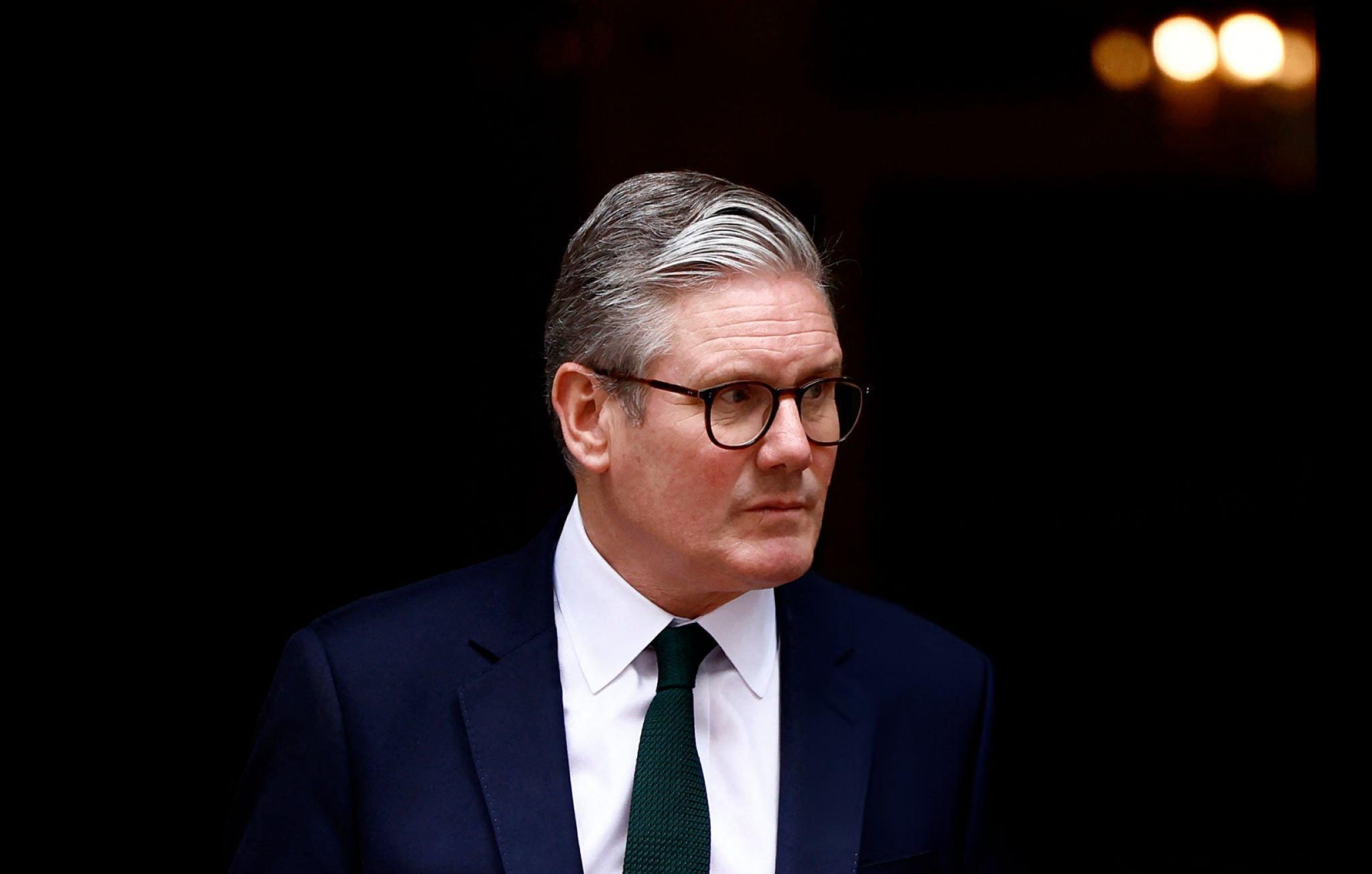LONDON, Monday – Sir Keir Starmer has unveiled a landmark post-Brexit agreement with the European Union covering trade, travel, defence, and fisheries – triggering fierce backlash from Reform UK and the Conservatives, who branded it a “Brexit surrender”.
The wide-ranging pact, finalised just hours before a planned UK-EU summit at Lancaster House, is forecast by Government economists to boost the British economy by £9 billion by 2040. Ministers claim it marks a turning point in EU relations following post-Brexit turbulence and paves the way for smoother cross-Channel commerce.
Key provisions include simplified export rules for UK food products, including sausages and dairy, as well as reciprocal use of fast-track eGates at European airports for British travellers. The cumbersome pet health certificate process is also set to be scrapped under a reintroduced “pet passport” scheme.
In a move welcomed by many but seen as contentious by Brexiteers, the UK will align with EU food standards to facilitate these improvements. Critics argue this reduces Britain to a “rule taker”, undermining sovereignty and echoing pre-Brexit arrangements.
However, the most explosive element of the deal is a 12-year agreement allowing EU fishing vessels continued access to British waters – a departure from the previous annual negotiations. Reform UK’s Nigel Farage condemned the concession as “the end of the fishing industry”, while Tory leader Kemi Badenoch warned it could reignite “deep resentment” in coastal communities.
Sir Keir, defiant amid the criticism, insisted the deal was grounded in “common sense” rather than ideology. “It’s time to look forward,” he told reporters. “To move on from the stale old debates and political fights to find practical solutions which get the best for the British people.”
The agreement also outlines a capped “Youth Experience Scheme”, enabling limited two-way working opportunities for young people from the UK and EU. Officials stressed it bears no resemblance to freedom of movement, replacing the term “mobility” with “experience” to avoid such implications.
A new UK-EU defence and security pact forms part of the deal, granting British firms access to the EU’s €150 billion defence fund. The Government has not yet disclosed the UK’s financial contribution, though officials confirmed ongoing negotiations around intelligence-sharing will include potential access to EU facial recognition databases, complementing existing DNA and fingerprint data-sharing.
Business Secretary Jonathan Reynolds heralded the package as a “real prize” that would address the economic damage left in Brexit’s wake. “This deal reflects a modern, pragmatic approach to restoring our relationship with Europe and rebalancing trade,” he said on Monday morning.
Yet the opposition from Farage and Badenoch was swift and scathing. “We are becoming a rule-taker from Brussels once again,” Badenoch warned, particularly criticising the alignment on food standards and the youth scheme. Farage vowed to tear up the deal if Reform UK came to power, arguing it betrayed the core promise of taking back control.
Meanwhile, Liberal Democrat leader Sir Ed Davey urged calm, stating: “We cannot afford to be dragged back into the Brexit wars of the past. The country wants stability and progress, not dinosaurs fighting old battles.”
The deal comes after earlier trade arrangements with the US and India, and was seen by EU sources as “constructive progress” after years of impasse. While Starmer’s team described it as a new era of partnership, the political fallout at home suggests the Brexit divide is far from healed.
The Prime Minister’s office declined to comment on whether more EU alignment may follow, but insiders hinted that further sector-specific deals, including on financial services and education, may be explored in future.
Whether this deal signals a fresh chapter or rekindles old Brexit fires, one thing is clear: the politics of Britain’s place in Europe remain as volatile as ever.






